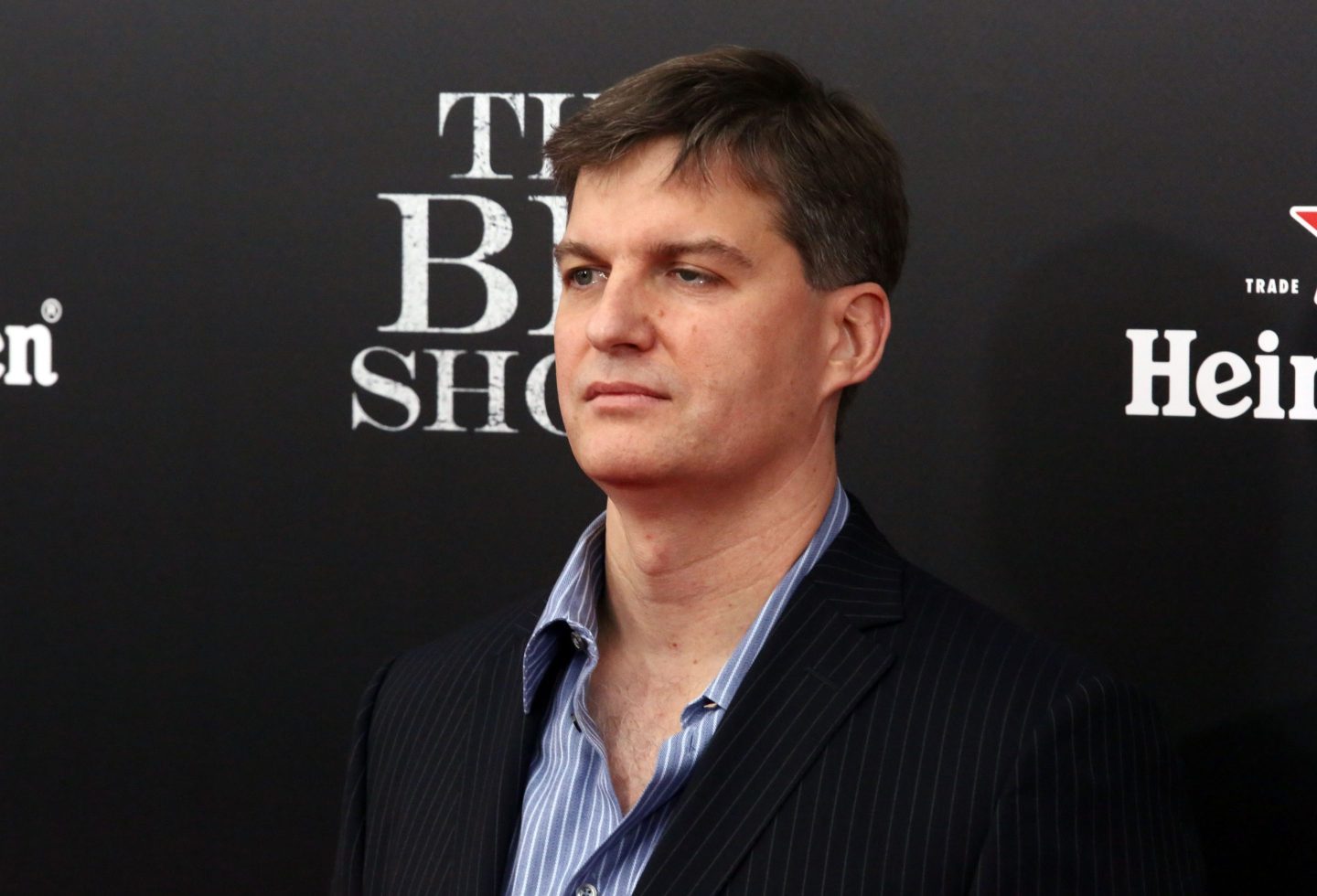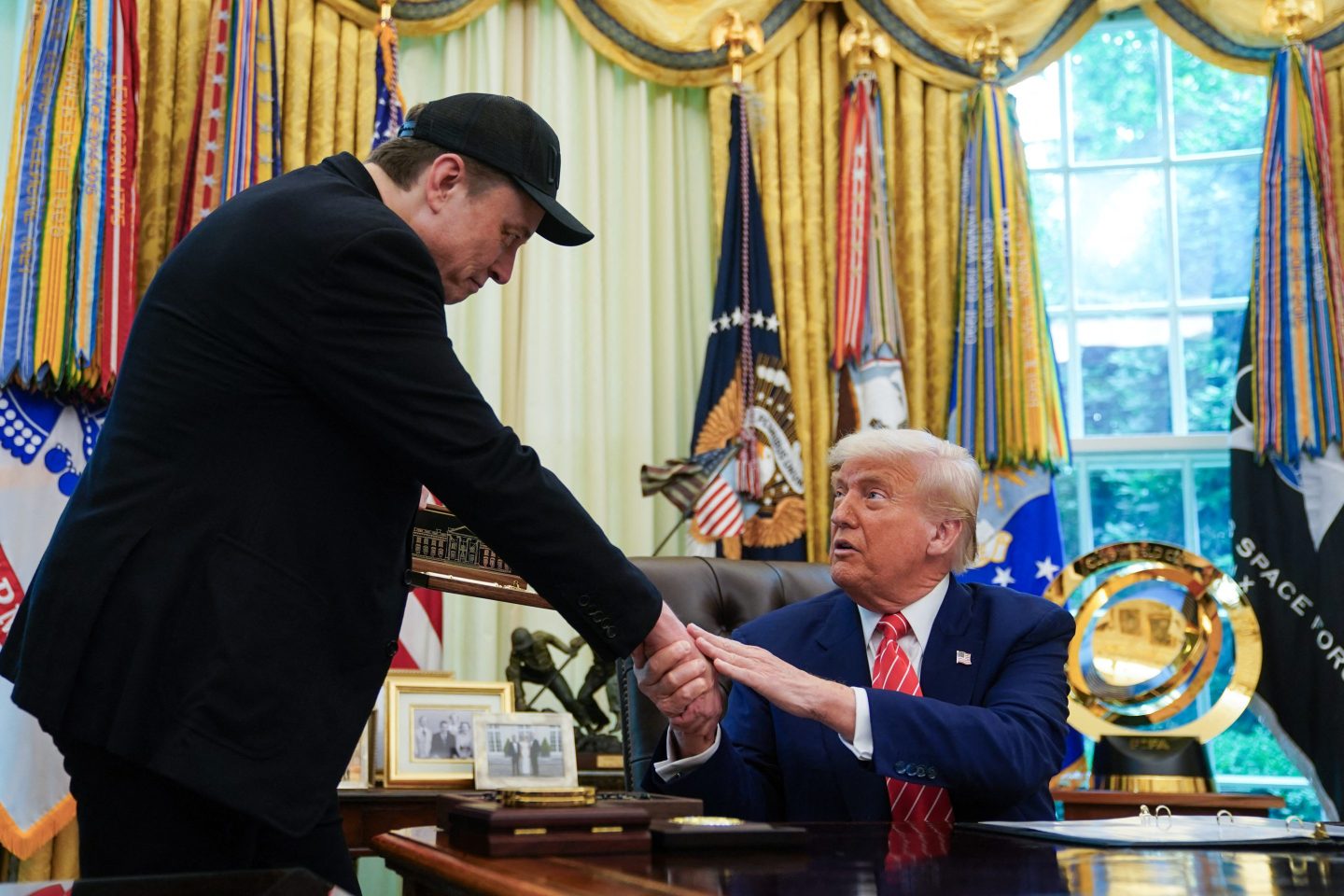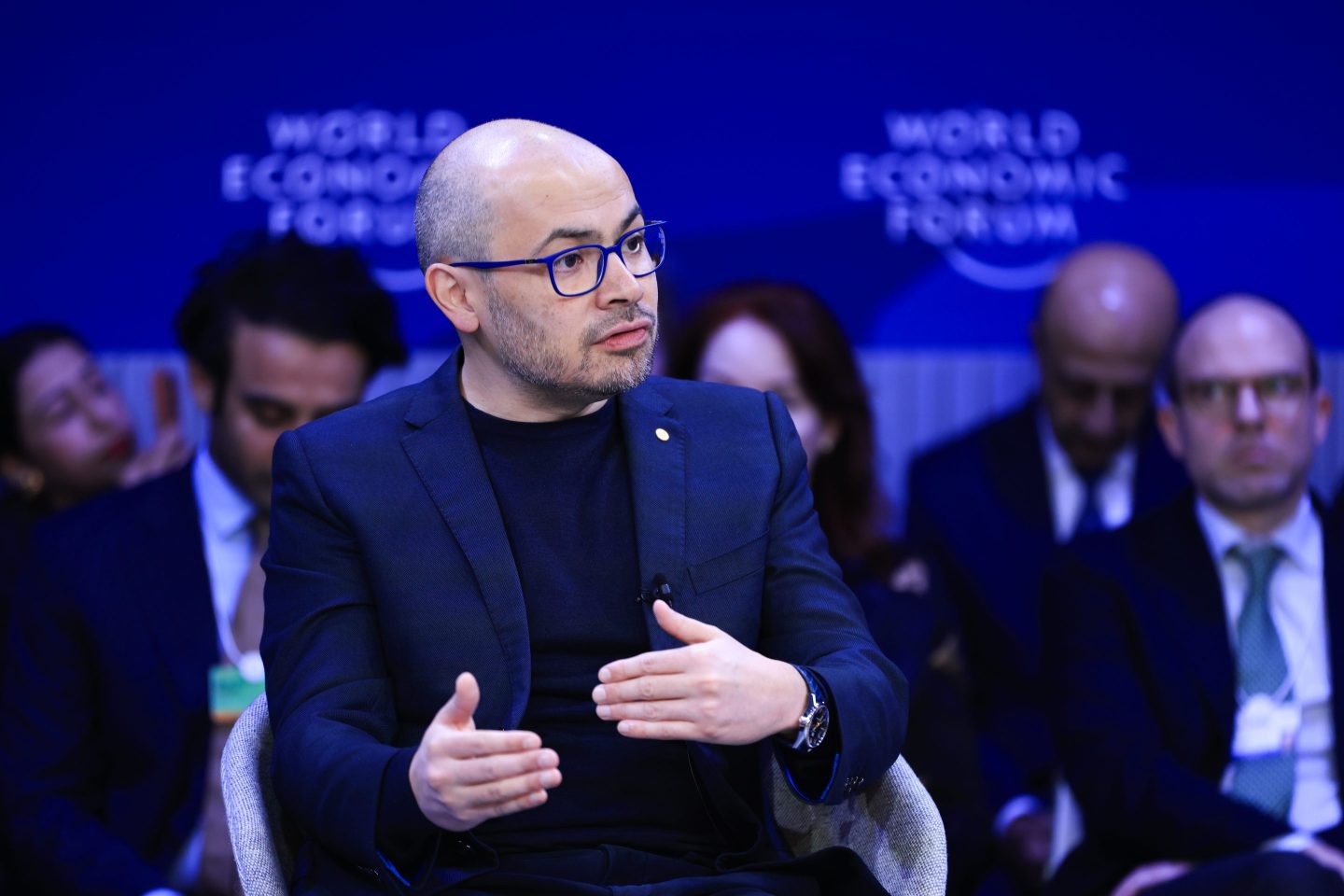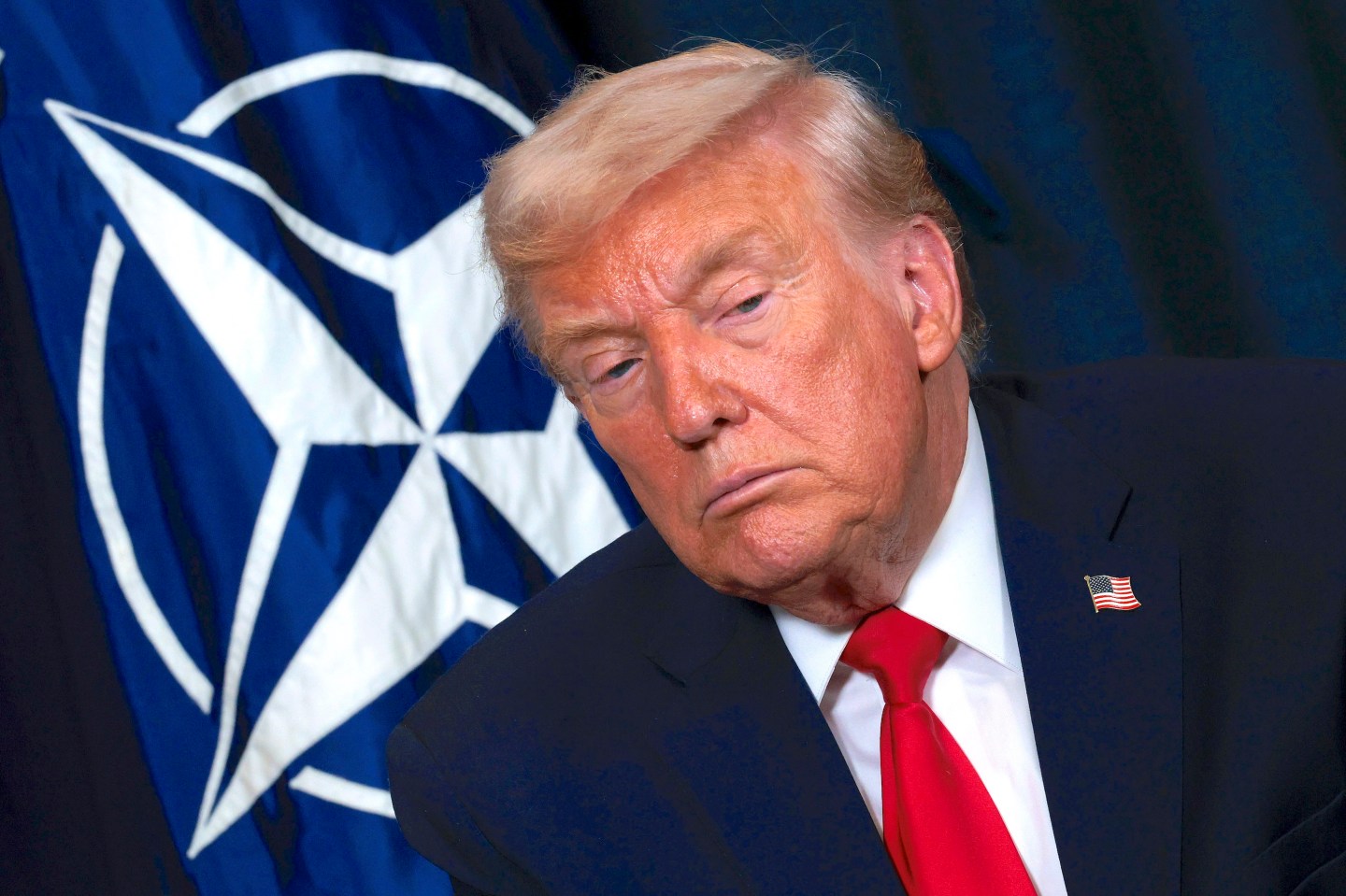Storied investor Michael Burry has talked the AI-bubble talk, and now he’s walking the walk.
Burry, made famous in the 2015 film The Big Short for his prescience on the 2008 housing market collapse, disclosed some cynical bets against tech giants Nvidia and Palantir amid concerns of AI company valuations swelling beyond their true worth.
Scion Asset Management, Burry’s hedge fund, bought more than $1 billion in put options on the two tech companies, according to regulatory filings released on Monday for the quarter ended on Sept. 30. A put refers to an options contract that allows the buyer to profit when share prices decline. Scion also disclosed call options on Pfizer and Halliburton.
Burry has offered cryptic social media posts about market omens: “Sometimes, we see bubbles,” Burry said in a recent X post. “Sometimes, there is something to do about it. Sometimes, the only winning move is not to play.”
He followed up with a post on Monday showing three graphics, including one published by Bloomberg last month depicting how much of the AI boom is being propped up by partnerships with two companies, Nvidia and OpenAI. Another graph showed similar patterns in tech capital expenditure growth between today and the dotcom era.
Scion disclosed a put on Nvidia in the first quarter of this year and liquidated nearly its entire equity portfolio. While the fund’s earlier filing said the disclosed puts “may serve to hedge long positions which are not eligible to be reported,” the most recent filing did not contain the same statement.
Palantir CEO Alex Karp rebuked Burry’s move in an interview with CNBC’s Squawk Box on Tuesday.
“The two companies he’s shorting are the ones making all the money, which is super weird,” Karp said. “The idea that chips and ontology is what you want to short is bats–t crazy.
“He’s actually putting a short on AI … It was us and Nvidia,” he added.
A swelling AI bubble
Burry is not the only one heeding warnings about the AI industry, which has seen record spending but little profitability so far. The Nasdaq fell 1.5% immediately upon opening on Tuesday, while the S&P 500 initially dropped about 1%. Tech stocks are leading the nosedive, including Palantir, which saw its share price drop as much as 16% following its earnings report on Monday, despite beating revenue expectations.
“Their results were good, but markets were disappointed at the lack of company visibility for the whole of 2026,” Jim Reid of Deutsche Bank said in a note to investors.
Nvidia was similarly lagging, down more than 2% as of Tuesday morning. Last week, the semiconductor giant became the world’s first $5 trillion company. Oracle, Microsoft, and Apple, among other tech firms, are also trading down.
Nvidia and Palantir shares are up about 46% and 157% year to date, respectively.
The markets’ precipitous drops on Tuesday also followed comments from Goldman Sachs and Morgan Stanley CEOs saying they expect a major stock market correction. Goldman Sachs CEO David Solomon said at the Global Financial Leaders’ Investment Summit in Hong Kong on Tuesday there would likely be a 10% to 20% drawdown in equity markets in the next 12 to 24 months. Morgan Stanley CEO Ted Pick agreed.
“We should also welcome the possibility that there would be drawdowns, 10% to 15% drawdowns that are not driven by some sort of macro cliff effect,” he said.
Scion Asset Management did not respond to Coins2Day’ s request for comment.












